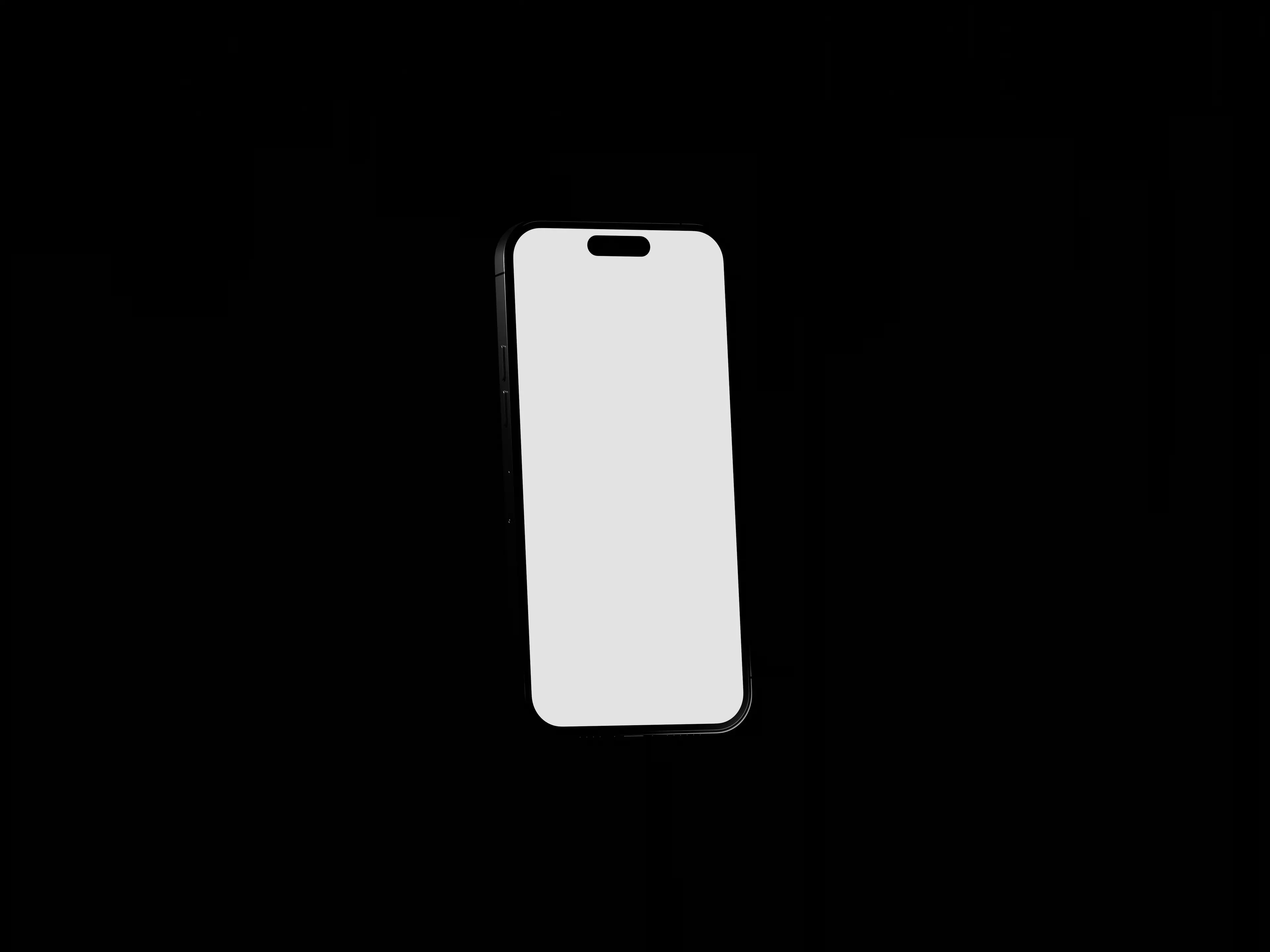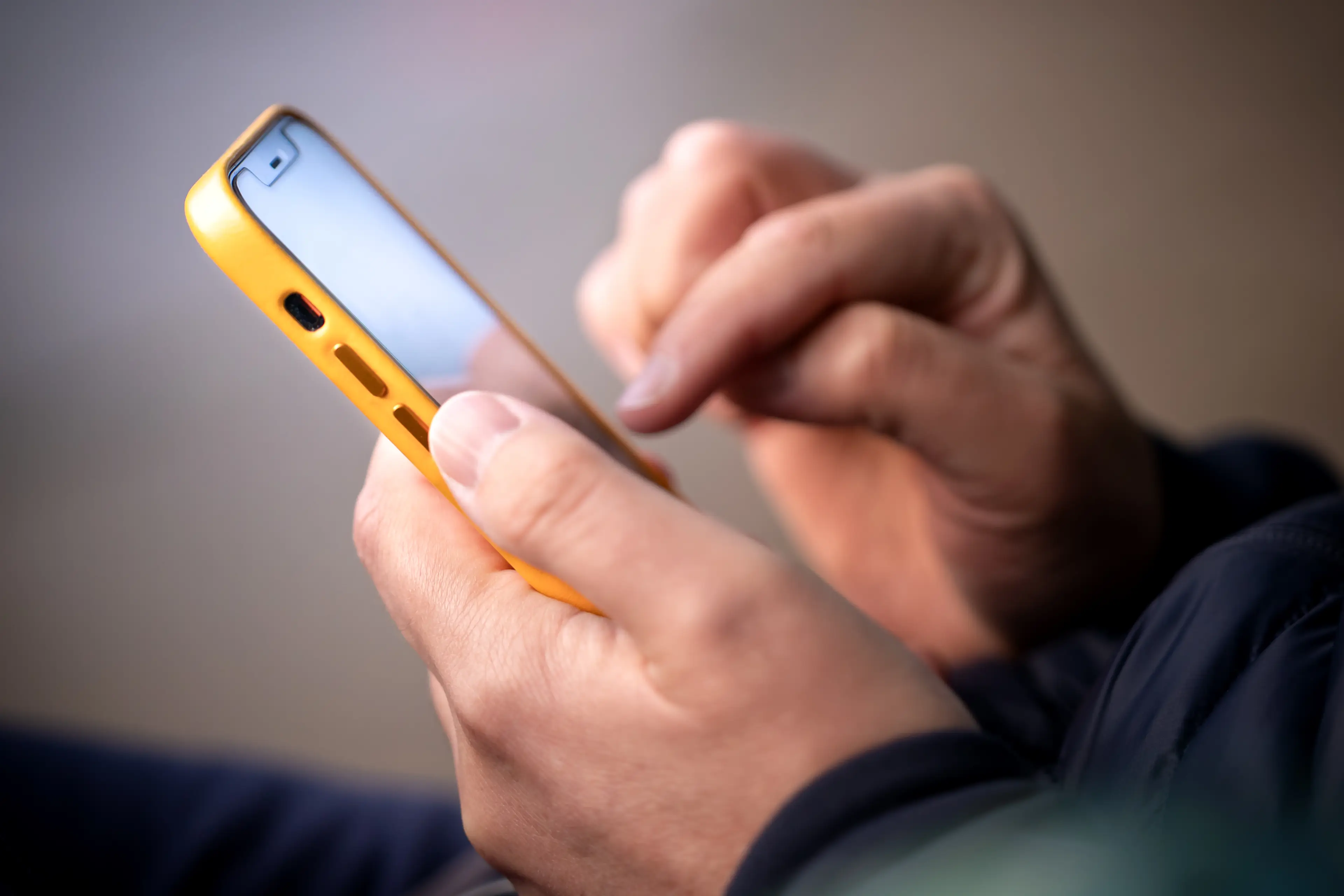
Smartphones are incredibly advanced nowadays, with so many clever features making our experience better - even if we don't necessarily realize it.
One of the most relied-upon features nowadays is adaptive brightness - a system to make sure that your phone's display stays at the right level of brightness for you to easily read it, regardless of the amount of ambient light in your environment.
So when you go outside and it's really bright, it will automatically dim your phone's screen, for example.

Advert
This little setting uses an ambient light sensor, often very tiny and barely noticeable, and sometimes built right into the selfie camera or embedded in your phone's display.
Well, new research from a team at the Massachusetts Institute of Technology (MIT) has shown that these sensors could be used for more than just their intended purpose.
They were able to use a new computing algorithm to take data from the light sensor and use it to reconstruct an image of what was in front of the phone, without ever using anything from the phone's actual camera lenses at all.
It's really complicated in terms of exactly how they managed this but, in short, they were able to detect objects that were really close - thanks to how these objects obscured pixels on that screen from the light sensor's point of view above it.

This means that the images they were able to construct weren't exactly detailed or that scary - they focused on hand shapes right in front of a display, and were able to recreate them very blurrily.
Still, if the sensors behind our screens get more sophisticated over time they could start to capture more data, for all we know. It's a particularly weird thought, as the light sensor is always on for functionality reasons.
For now, the threat is low - the system can only take one frame of imagery every 3.3 minutes, meaning any movement will result in massive blurring, but this is very much just a first step.
The tests were conducted using a random Android tablet bought in a store, and since practically every smartphone we can think of has a light sensor, this is certainly food for thought when it comes to security protocols moving forward.
Thankfully, there's probably nothing much for regular people to do about this, other than prick up their ears. More likely, teams at Apple and Google will be reading the full report published in Science Advances with interest, to see how they can shore up security measures in the future.